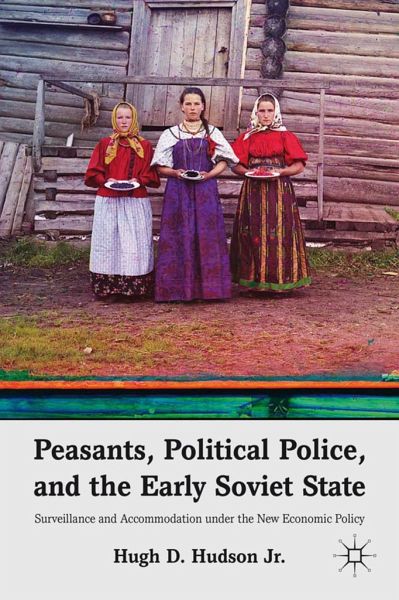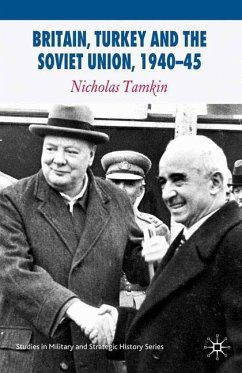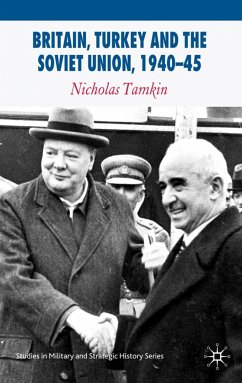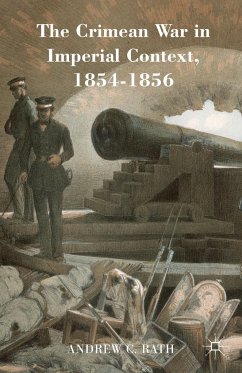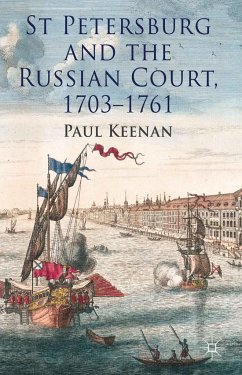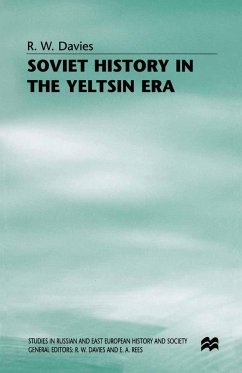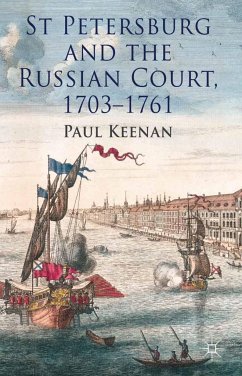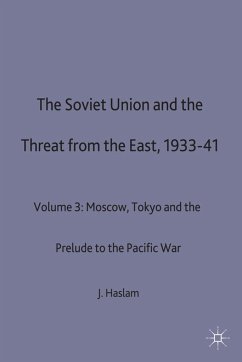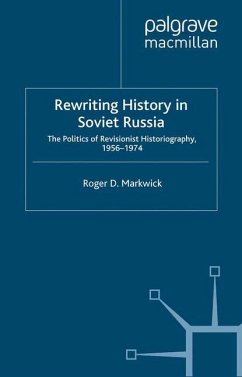'In a valuable, fresh study of the Soviet countryside and state policy, Hugh Hudson draws deeply on police reports from the 1920s. Along the way, he provides important new insight into peasant concepts of justice and legitimate government. The story of how the police and the leadership shifted after Lenin's death from realistic appraisals of rural problems to a view that 'enemies' were leading the peasantry is complex; Peasants, Political Police, and the Early Soviet State yields much new information about the development of Soviet policy in a crucial area.' Robert W. Thurston, Phillip R. Shriver Professor of History, Miami University of Ohio
'Peasants, Political Police, and the Early Soviet State focuses on Cheka/OGPU reports from the countryside, specifically how agents assessed the peasants' mood, and the sources of peasants' discontent and satisfaction. It is a tightly focused book that stays within the bounds of reports (archival materials), and it is very balanced in its treatment of Cheka/OGPU reports. It offers an original view of the Cheka/OGPU's agents' pragmatic, often empathetic analysis of the economic, agricultural, and political situation in the countryside, how and why those reports changed over time, and how the once independent analyses came to influence and then legitimize the sharp policy shifts enacted by the Stalin group. Insightful and valuable.' William J. Chase, professor, Department of History, University of Pittsburgh
